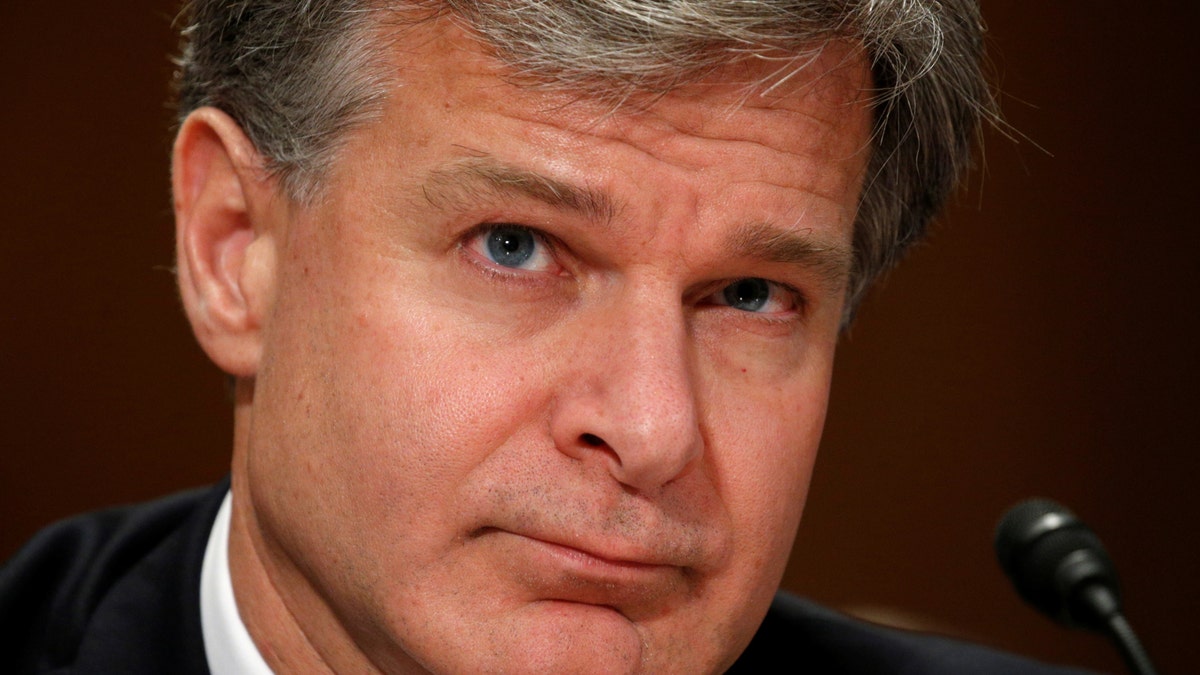
File photo - FBI Director Christopher Wray testifies before a Senate Homeland Security and Governmental Affairs hearing on "Threats to the homeland" on Capitol Hill in Washington, U.S., Sept. 27, 2017. (REUTERS/Kevin Lamarque)
Encryption has stopped the FBI from accessing almost 7,000 mobile devices, according to the agency's new director, Christopher Wray.
"To put it mildly, this is a huge, huge problem," he reportedly said in a Sunday speech at a police conference in Philadelphia. "It impacts investigations across the board."
That includes suspected crimes dealing with narcotics, counterterrorism, and child exploitation. Over an 11-month period, the FBI found itself failing to extract data from over half of the mobile devices it obtained, Wray added.
In March, Wray's predecessor, James Comey, said the FBI had failed to unlock about 1,200 devices from a three-month period, despite possessing "classified techniques."
More From PCmag
With encryption becoming so prevalent—iOS and Android are now encrypted by default—the FBI has been urging the tech industry to find a solution. That's sparked debate over whether products should include a government-mandated "backdoor" federal agents can use when investigating a crime.
Critics in Silicon Valley say this is a bad idea. They argue any backdoor will weaken a device's security, putting consumers at risk of other hacks.
But that hasn't stopped the FBI from pressing the matter. Last year, the agency demanded Apple help unlock an iPhone 5c that was used by one of the attackers in the San Bernardino shooting. The FBI later withdrew the request, after it employed a mysterious third party to unlock the phone for a large sum of money. Nevertheless, the agency is still looking for a better solution to the encryption debate.
On Sunday, Wray suggested he wants to try and appease both sides. "I get it, there's a balance that needs to be struck between encryption and the importance of giving us the tools we need to keep the public safe," he reportedly said.
This article originally appeared on PCMag.com.








































